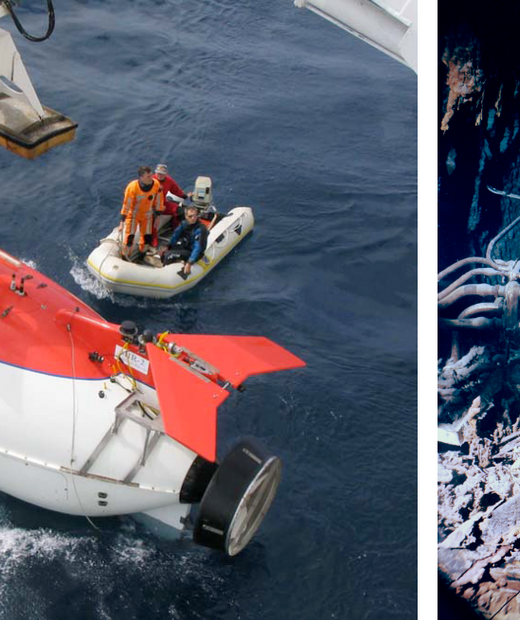AEC careers are built on continual learning, where mistakes, questions, and collaboration shape lasting skills and professional growth.
Engineering is a career built on continual learning. No one makes it far without asking questions, making mistakes, and collaborating with others. Every seasoned engineer has a list of hard-earned lessons – moments where a small misstep led to a major insight. Over time, these experiences shape not only our technical skills but also our mindset. Engineering is a career built on continual learning, and no one makes it far without asking questions, making mistakes, and collaborating with others.
Inspired by Kevin Norgaard’s piece for The Zweig Letter on communication barriers, I’d like to share some of my own lessons learned. These missteps weren’t career-ending – they were career-defining:
-
Don’t let fear of perception hold you back. I first started off my career designing surgical tools. As a young mechanical engineer I had the fortune to design and develop new innovative equipment that advanced the technology for small bone surgery. I then switched gears and began working in the marine industry, where we designed and produced remote underwater equipment including robotic manipulators and unmanned remote underwater vehicles. One of our assignments was to develop a remote vehicle that was coupled to the Russian Mir deepwater submersible. This equipment was featured in the movie The Titanic and our ROV made 17 dives on the Titanic for the movie. Our company also developed the dive helmets that were used in the movie The Abyss. I then began working for a company that designed and produced specialized video cameras that were used to record and study plan roots below the ground surface.
Each of these jobs was heavily focused on research and development, and required me to develop the confidence to proceed into areas that were unfamiliar to me.
When I became a consulting engineer in the water/wastewater space, I had zero prior experience. However, my amazing previous jobs prepared me for one of the most important skills of a good engineer: Being able to “figure it out”, even if I had never done it before. Although, I quickly realized I had a lot to learn, I had the confidence that I could figure it out.
Instead of hiding my gaps, I asked questions. Lots of them. That humility and openness became a foundation – not only for my own development, but for fostering a collaborative culture at MKN. Consulting isn’t a solo sport. It demands on-the-job learning from other professionals. Be curious. Be open. Ask questions – even the ones you think are “dumb.” -
Ignore imposter syndrome. Even seasoned professionals feel like they don’t belong sometimes. It’s common to earn your license and still think, “I’m not an expert.” Not only can imposter syndrome affect your internal feelings about your work or self-worth, but it can also actually affect the way you approach projects, relationships, or any other areas in which you are feeling insecure.
But here’s the truth: clients hire us to solve problems. They don’t expect us to know everything. They expect us to figure it out – and that’s what we do best.
Adopting the mindset “I don’t know how to do that, but I can figure it out” has the power to change everything! -
Overcommunicate. Silence is risky. One of the most damaging habits a young engineer can develop is lack of communication, or delayed communication. Whether it’s with your supervisor, your client, or your drafting team – keep people in the loop.
It is generally better to overcommunicate. Delaying a reply because you do not have an answer yet often causes the other party to make assumptions about why you are not responding. It is better to communicate often and early – especially if the news is bad. As the saying goes, “Bad news early is better than bad news late.” -
Keep great records. Good documentation isn’t optional – it’s essential. Create agendas for meetings. Follow up with clear minutes. Document major design decisions and share them with your team. Track how you address quality control comments and confirm changes with reviewers.
Strong organization protects your work and demonstrates professionalism.
Final thoughts.
If you’re just starting out – or even if you’re years in – remember these four principles:
- Ask questions. No one expects you to know everything.
- Ignore imposter syndrome. You can figure it out with help from your colleagues!
- Overcommunicate. Send updates. Flag problems early. Overcommunicate until it becomes second nature.
- Keep great records. Solid documentation supports good engineering.
And most importantly, enjoy the ride. Engineering is challenging, but it’s also incredibly rewarding – especially when you embrace mistakes as stepping stones, not
setbacks.
Jon Hanlon, PE, AMPP is a principal engineer at MKN. Connect with him on LinkedIn.
